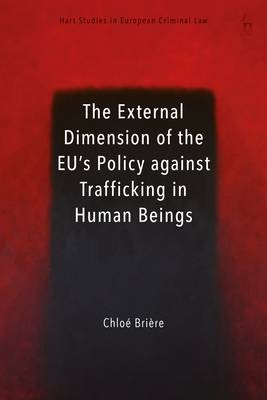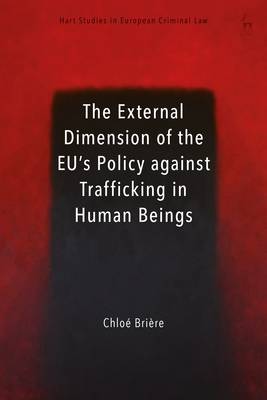
- Retrait gratuit dans votre magasin Club
- 7.000.000 titres dans notre catalogue
- Payer en toute sécurité
- Toujours un magasin près de chez vous
- Retrait gratuit dans votre magasin Club
- 7.000.000 titres dans notre catalogue
- Payer en toute sécurité
- Toujours un magasin près de chez vous
External Dimension of the Eu's Policy Against Trafficking in Human Beings
Chloé Brière
99,95 €
+ 199 points
Description
This book explores the external dimension of the ambitious EU policy on human trafficking. Through this policy the EU institutions and Member States promote the eradication of human trafficking and support, to that end, cooperation with their partners, being third States or international organisations.
Analysing the unilateral and multilateral mechanisms the EU uses to achieve these aims, the book questions whether the EU's external response to human trafficking addresses it in all its dimensions, and whether it does so in a coherent way. As a case study, the book explores the cooperation of the EU with countries of the Western Balkans, which constitutes a specific unilateral mechanism. The analysis of the multilateral mechanisms covers the cooperation of the EU with key international and regional organisations combating human trafficking, including but not limited to the Council of Europe or the United Nations Office on Drugs and Crime. The book also examines the impact of the evolution of migration flows and the increasing reliance of military tools on the EU's response to human trafficking.Spécifications
Parties prenantes
- Auteur(s) :
- Editeur:
Contenu
- Nombre de pages :
- 328
- Langue:
- Anglais
- Collection :
Caractéristiques
- EAN:
- 9781509947218
- Date de parution :
- 20-10-22
- Format:
- Livre broché
- Format numérique:
- Trade paperback (VS)
- Dimensions :
- 156 mm x 234 mm
- Poids :
- 453 g







